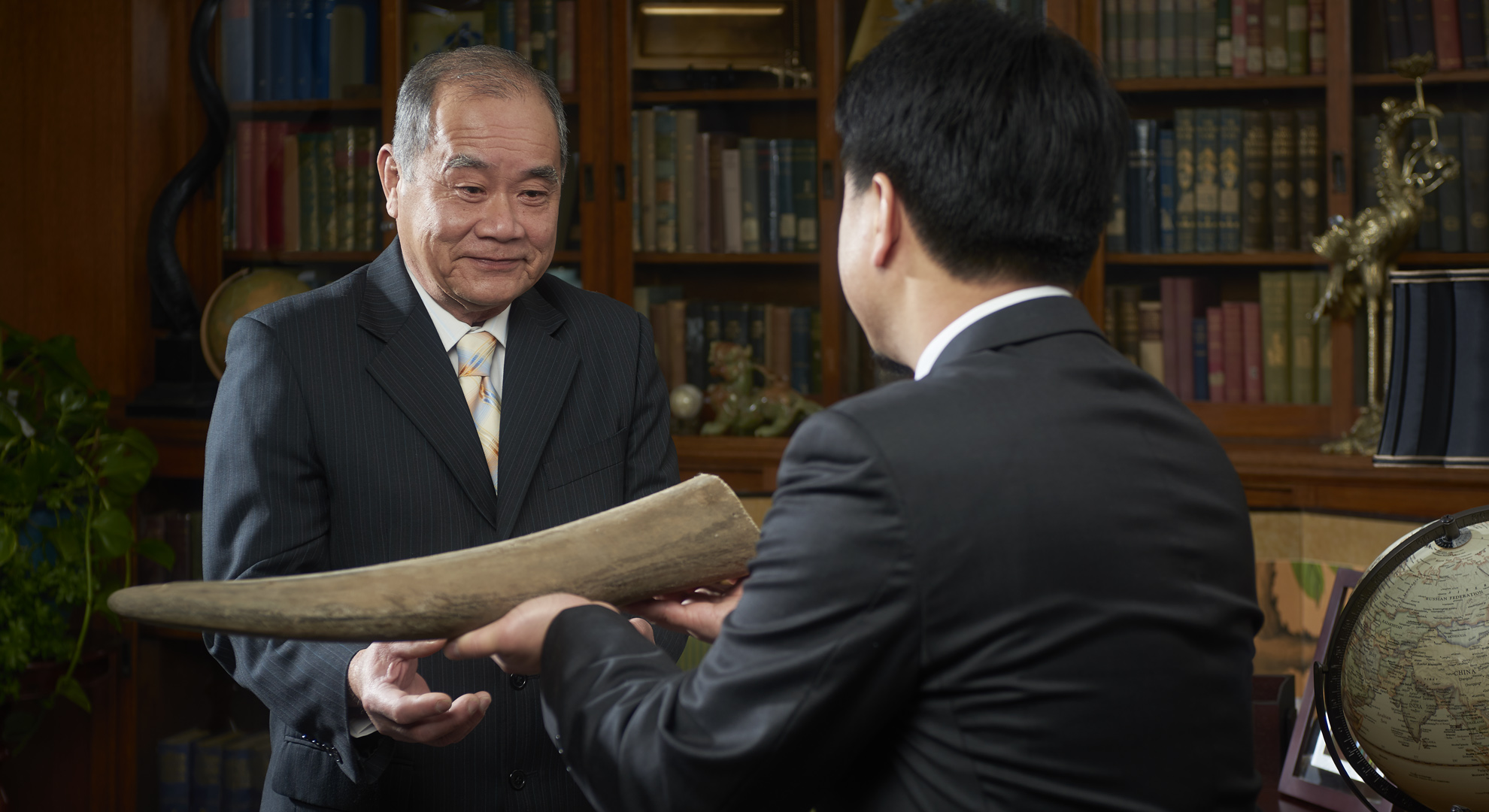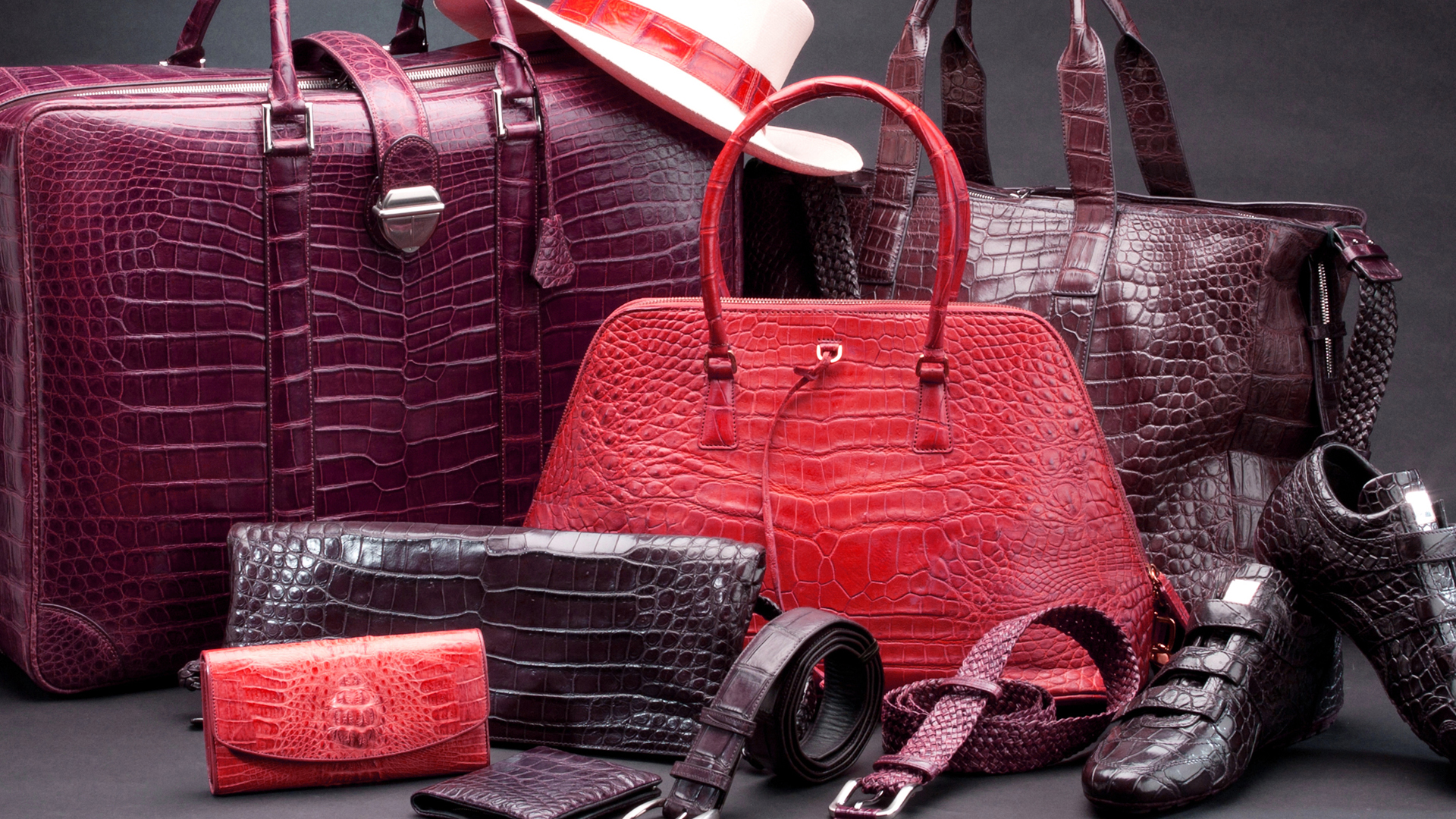Christmas Thank You From NNM 2019

As we come to the end of NNM's biggest year to-date, I would like to take this opportunity to thank you for your support and for the continued encouragement of our approach to conservation.
2019 Summary
I finish this year with a review, but first a would also like...
Out With The Old 1% And In With The New 1%

Periodically, a spark reminds people what has been tolerated for far too long. Perhaps there is no better recent example than Greta Thunberg. The Swedish teenager sat alone at the Stockholm parliament building for the first time in August 2018, holding up a self-painted sign with the words School Strike...
#WhoTookMySkin – and Just How Much Did They Pay For It!

In March 2018, I wrote a blog Sustainable Fashion & Wildlife where I stated that we would have a better chance of reducing the unchecked demand for (illegal) luxury wildlife ‘products’ if work was being done to embed reducing the desire for endangered species into the newly evolving ethical and...
In 44 Years, CITES And IUCN Have Provided NO Proof Sustainable Use Is Working
Having just recently sat through two weeks of CITES CoP18 in Geneva, I can say that, during that time together with all the research done searching for a way to modernise CITES, no key organisation pushing the sustainable use model can provide relevant data and evidence it is working.
Whilst...
A Reverse Listing System Saves Human Lives; So, Why Not Endangered Species?

Imagine we live in a world that when a pharmaceutical company creates a new drug it doesn’t have to test it in the lab, it doesn’t need to do human trials and it doesn’t need regulatory approval; it is simply manufactured and then legally sold.
Once on the market the...
Extinction: The Vulgarity Of Desire

While much of 2019 has been dedicated to the research and works on the need for CITES modernisation project, with just 2 days to go before heading to CITES CoP18, I would like to update our supporters on another Nature Needs More project, Extinction: The Vulgarity of Desire.
In an...
I Am A Cathedral Campaign
In April 2019, tragically a fire broke out gutting the magnificent Notre Dame Cathedral in Paris. As people locally and internationally watched in sadness at this grand old lady's demise, within hours and days of the event pledges to support the rebuilt were flooding in. Just three of the world’s...
Three Steps to Modernise CITES
In September 2018, Nature Needs More Ltd and For the Love of Wildlife Ltd wrote to the Acting CITES Secretary-General outlining why we felt that the modernisation of the CITES permit and trade monitoring system was long overdue. This letter, published in the September 2018 blog Ensuring CITES is Relevant...












